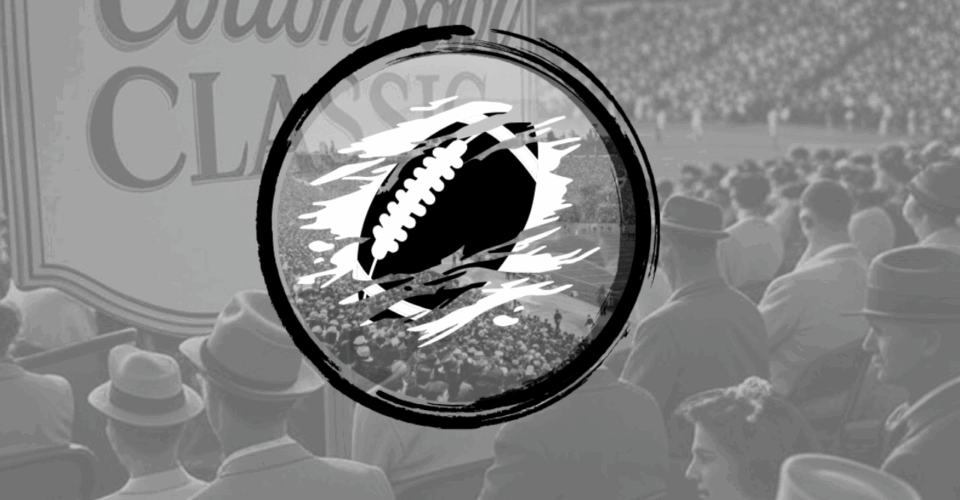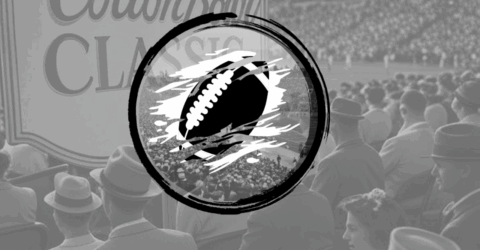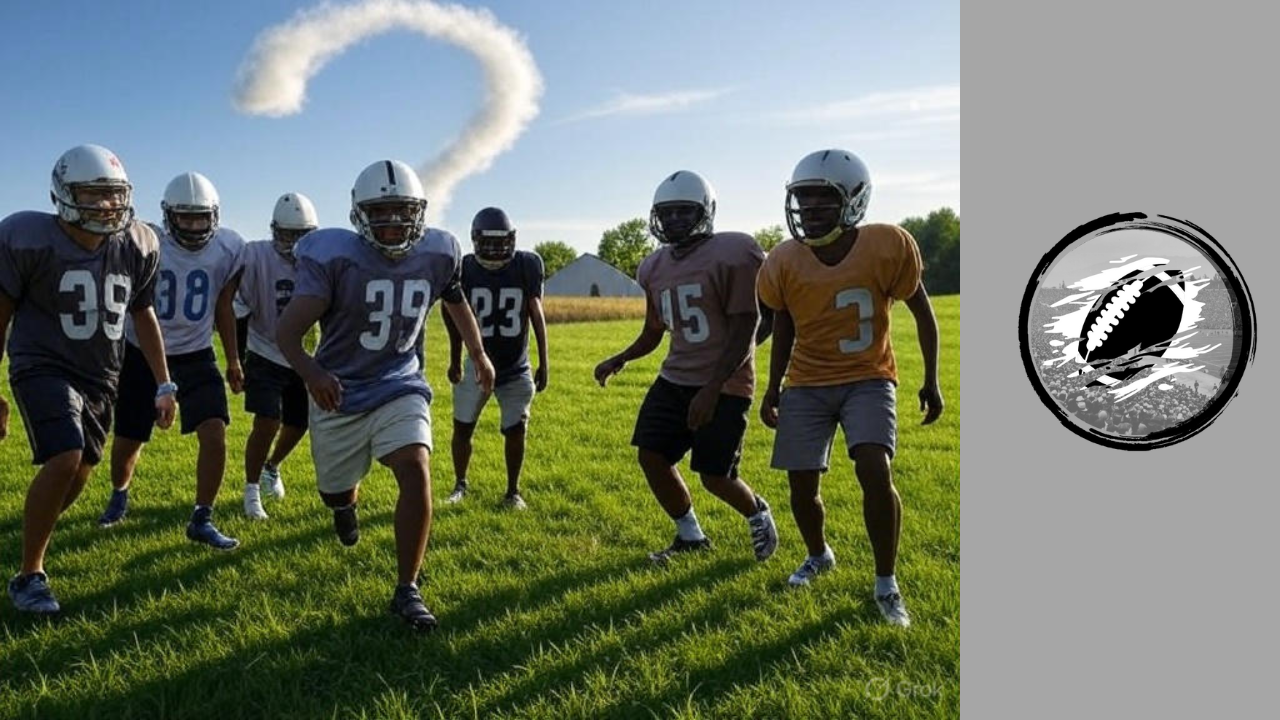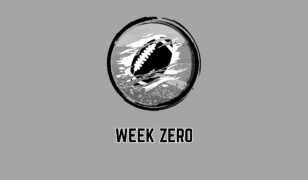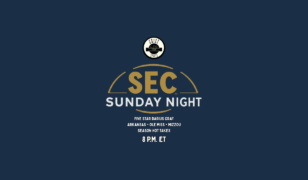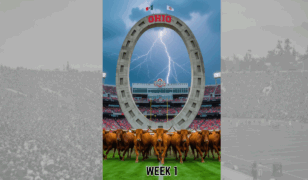College football’s transfer system has been a hot topic of discussion, and on SEC Sunday Night, Episode 4, Rob Williams, Craig McMichael, and special guest Jake Crain explore various ideas to potentially improve or restructure the current process. The conversation begins with a thought-provoking concept: what if non-flagship schools near larger universities formed private agreements to facilitate easier player transfers?
The example given involves the University of North Carolina potentially partnering with UNC Wilmington. This idea expands to suggest conferences like the Big 12 could strike deals with smaller conferences like the Mountain West to create a minor league-style structure with reduced transfer barriers.
Crain, however, expresses skepticism about this approach. He advocates for a simpler solution: establishing clear, universal rules that make sense for everyone involved. Crain suggests fixing transfer portal windows on the calendar and implementing consequences for both players and schools when NIL (Name, Image, and Likeness) commitments aren’t fulfilled.
The discussion then shifts to the potential creation of a college football “Super League.” Crain proposes that players signing with schools in this league would agree to adhere to a specific set of rules, with consequences for breaking those agreements. He emphasizes the importance of having concrete, well-defined regulations to avoid the current “Wild West” situation in college football.
McMichael presents a different perspective, arguing that top programs like LSU, Alabama, and Georgia essentially already have a farm system in place. He suggests letting the free market play out, allowing players to move between schools as they prove themselves worthy of playing at higher levels.
The conversation then delves into the complexities of implementing such systems. Questions arise about how to handle players who work their way up from smaller schools to larger programs, and whether contractual agreements would limit opportunities for talented players.
Rob Williams brings up the importance of considering NIL deals in any potential restructuring of the transfer system. He suggests that contracts should bind both players and schools, with buyout clauses or other mechanisms to ensure accountability on both sides.
As the discussion wraps up, the participants find common ground on the need for accountability in player-school relationships. They agree that contracts should have consequences for both parties, preparing young athletes for the realities of professional life while also protecting the interests of the schools.
Throughout the conversation, it becomes clear that there’s no simple solution to the challenges facing college football’s transfer system. The participants grapple with balancing player freedom, program stability, and the need for clear, enforceable rules. While they may approach the issue from different angles, they all recognize the importance of creating a system that is fair, transparent, and beneficial to both players and schools.
As college football continues to evolve, discussions like these will play a crucial role in shaping the future of the sport. Whether through farm system agreements, simplified transfer rules, or a new “Super League” structure, it’s evident that change is on the horizon for college football’s transfer landscape.
